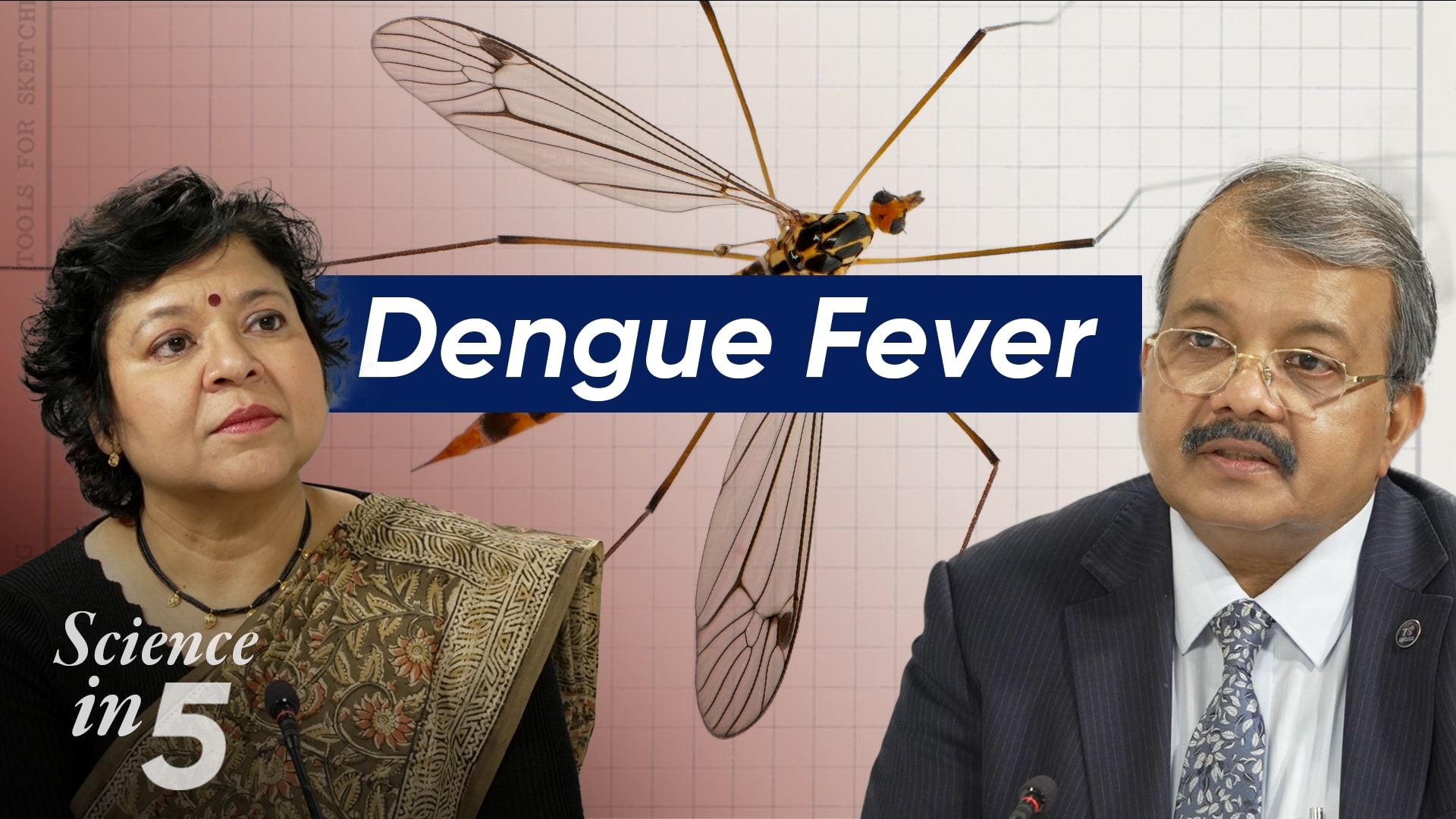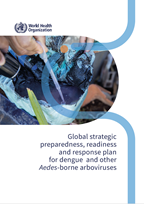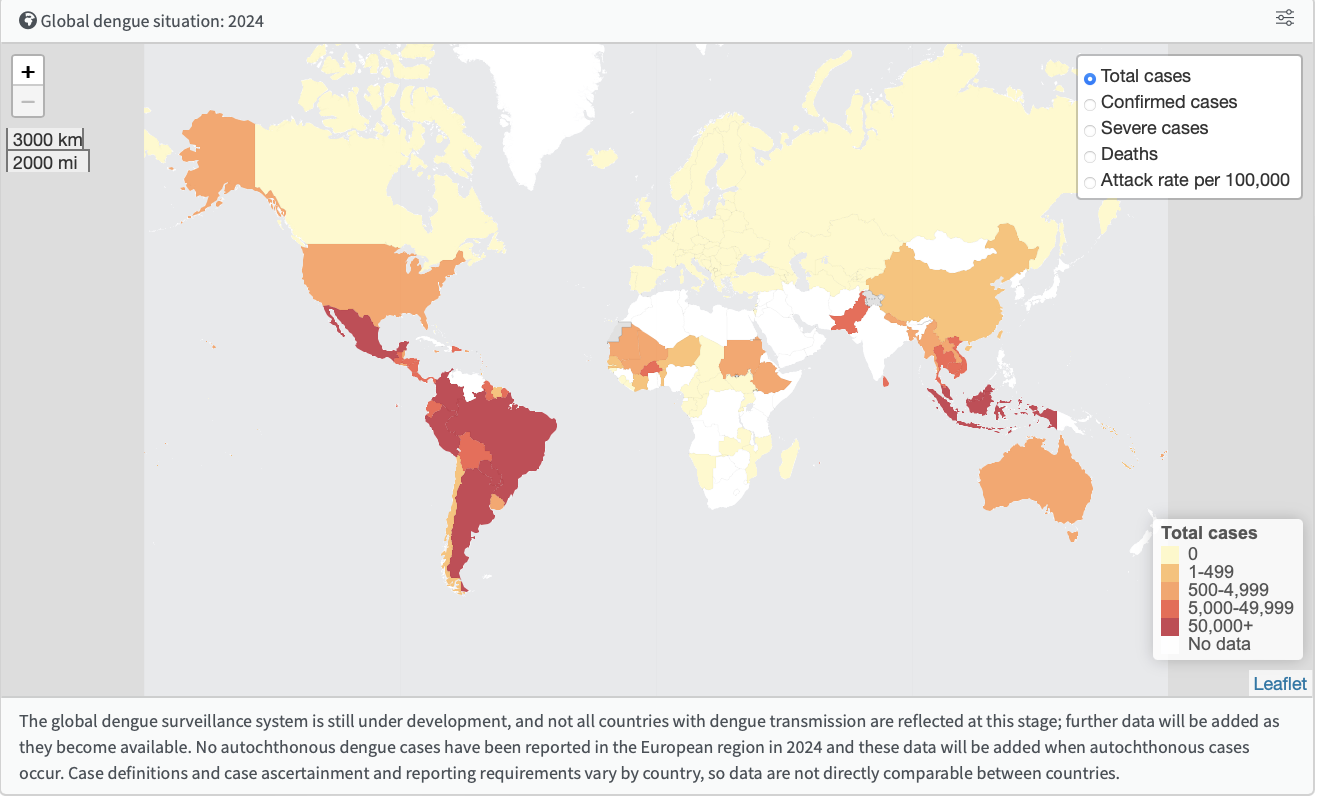
Why is Dengue fever spreading to places it did not exist before? What are the symptoms and treatments? What about vaccines? Dr Raman Velayudhan explains in Science in 5.
Dengue cases have increased globally over the past two decades. Around 90 countries have seen active dengue transmission in 2024. In addition, many endemic countries do not have strong detection and reporting mechanisms, so the true burden of dengue globally is underestimated.
Several factors are contributing to the increase in dengue cases, including climate change, which brings rising temperatures, increased rainfall, and heightened humidity linked to silent expansion of vector mosquitoes to newer areas; increased urbanization and fragile health systems in countries facing complex humanitarian crises and high population movements.
The overall capacity for countries to respond to multiple, concurrent outbreaks continues to be strained due to the global lack of resources for surveillance, early disease detection, patient management, and community awareness.
WHO considers the current global risk from dengue as high and is supporting countries to contain outbreaks around the world.
Publications


Disease Outbreak News
News
Videos

Why is Dengue fever spreading to places it did not exist before? What are the symptoms and treatments? What about vaccines? Dr Raman Velayudhan explains in Science in 5.
Related links


